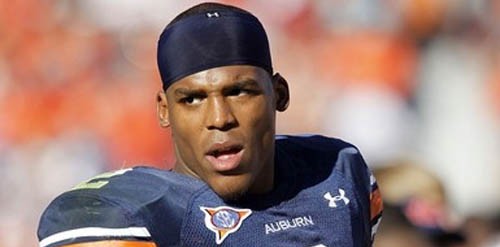Before 31 NFL team owners approved (1 owner, Al David of the Oakland Raiders, abstained in the vote) what they called a comprehensive agreement, there were a lot of rumblings on Twitter regarding sources telling reporters that the new deal will include a reduction of the ceiling for NFL agent fees on negotiated rookie contracts. Prior to the lockout, no agent could take more than a 3% commission on any negotiated team contract, rookie or veteran. The rumor is that for rookie contracts alone, the new cap on agent fees will be 2%. This could have far reaching negative effects on the agent community.
While initially it may seem as though a mere reduction of a single percentage point is negligible, realize that we are talking about percentage points on contracts worth 6-to-8 figures. Let’s throw round values and length of contracts out of the window. If you represent someone who is making $10,000,000 and you take 3%, you earn $300,000. A mere one percentage point reduction and you forfeit $100,000. Maybe that is not a big deal to a large agency with a huge client base, but to the smaller agents who are struggling to pay training costs alone and representing players who are drafted in the later rounds without those large contracts, that percentage point could be the difference between surviving to practice another year and calling it quits.
People who think that most agents have not been charging the 3% maximum commission are wrong. The NFLPA has stated that the average commission charged by a certified contract advisor is roughly 2.9%. Further, the fees that are typically reduced are for players selected in the top 10 picks of the first round. Again, we are not talking about the small agents here.
It remains to be seen whether the rumor of a change in the commission cap on rookie deals turns out to be true. As of right now, there is no deal in place – the players believe that the owners have voted on a collective bargaining agreement with provisions that were never agreed to by the players. However, in the meantime, there are many people who are less than thrilled with the rumor of reducing the cap on agent fees.
I have provided some of the better Tweets from last night on this subject, below.
[blackbirdpie url=”http://twitter.com/#!/jayreisinger/status/94206057546657793″]
[blackbirdpie url=”http://twitter.com/#!/Joshluchs/status/94199547726802944″]
And my favorite:
[blackbirdpie url=”http://twitter.com/#!/RalphCindrich/status/94192637426413568″]

